Inspiring others
Wendy, a fitness trainer in Beijing who offers private training programs and group classes, has gained a large fan base on social media by sharing her daily workouts and meals.
But beyond the perfectly curated posts lies a deeper purpose: to inspire her followers to prioritize their health and let them daka their own workout plans and meals.
Armed with catchy hashtags and motivational captions, she fosters a sense of community that transcends a smartphone screen.
"I have a WeChat group, which has gathered 500 people. I don't have plans for more groups because I want to focus on those 500 people," she said.
"I make a list of rules for the self-discipline 'game', letting them daka on a daily basis about what they eat, how much water they drink, and how many calories they've burned.
"I also share cardio exercises for a gym-free workout, with movements that can be done at your own pace, depending on your fitness level and training goals."
Together, her followers embark on a journey of self-improvement, cheering each other on through the highs and lows of fitness pursuits.
Outside the WeChat group, Wendy has a growing number of followers on other social media platforms who come to her for private training, which increases her income.
Strength in numbers
Beyond individual influencers, there are also burgeoning online communities dedicated to fostering self-discipline and accountability, covering varied interests such as English and sports activities.
Chinese fitness technology company Keep, for example, has millions of people who exercise every day via the company's app. Keep has joined forces with Japanese company Sanrio to use its popular cartoon IP images, such as Hello Kitty and Kuromi, to release medals with those IP images.
Users can win medals during their daily workouts and post them. The app also offers the users a virtual meeting space, where they can share tips, resources and progress updates.
"These communities provide a sense of belonging and mutual support, reinforcing the notion that success is best achieved together," said Duan Yan, who works and lives in Beijing and is in her early 40s.
Duan, along with a couple of friends, co-initiated a group to motivate one another to get up early and make the best use of the morning.
When she gets up at 7 am, she posts a photo in the group chat, such as her drinking a cup of coffee, taking her dog for a walk or jogging in the park. Her friends in the group make similar posts.
"If you didn't get up early in the morning, you have to pay 20 yuan ($2.76) as a punishment. We live a fast-paced life and we want to be better, healthier and happier. By motivating one another, we have forged commitment, consistency, and unwavering determination," said Duan.
Setting up social media groups to encourage self-discipline is similar to activity partners, or dazi, which have become popular on the internet among young Chinese people. The term, dazi, refers to people who seek partners who share similar interests to them, for activities such as playing games, taking classes, traveling, or hiking and camping.
"These online communities serve as a source of encouragement, accountability, and advice, and empower individuals to pursue their goals with the support of peers who share similar passions and aspirations," Duan said.

















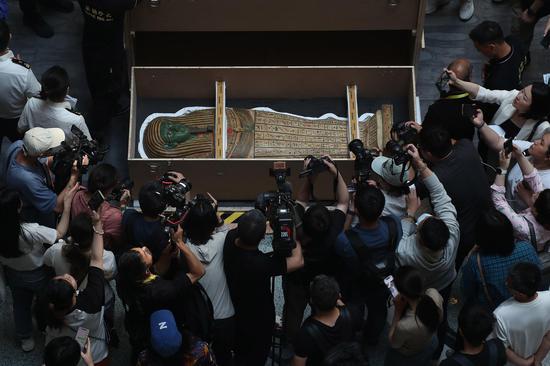

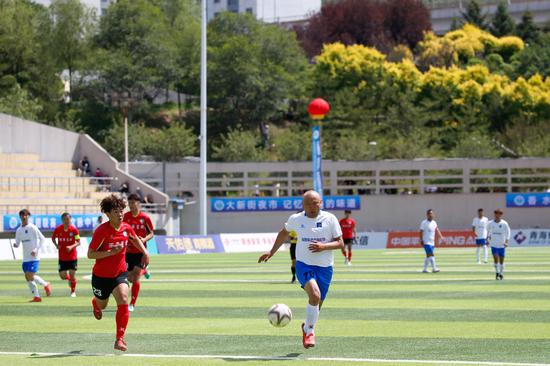










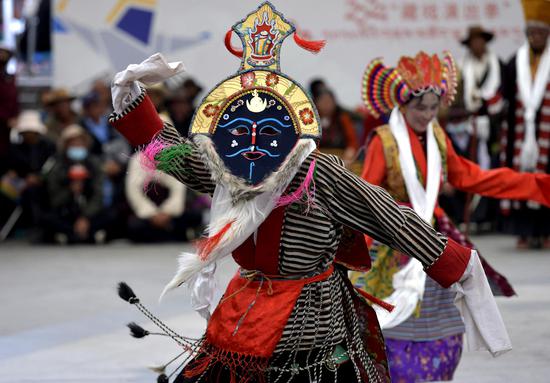


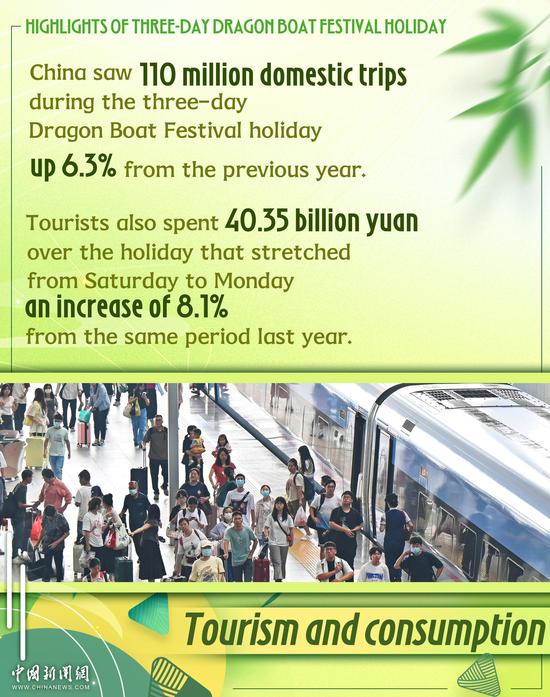

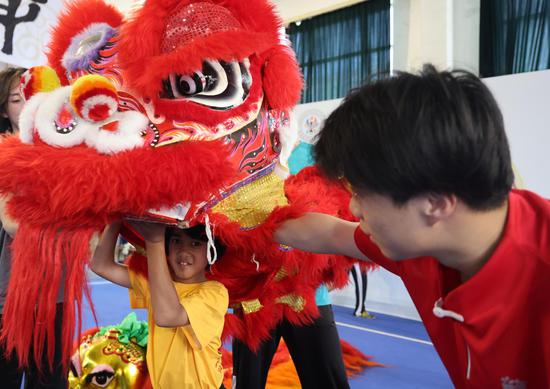
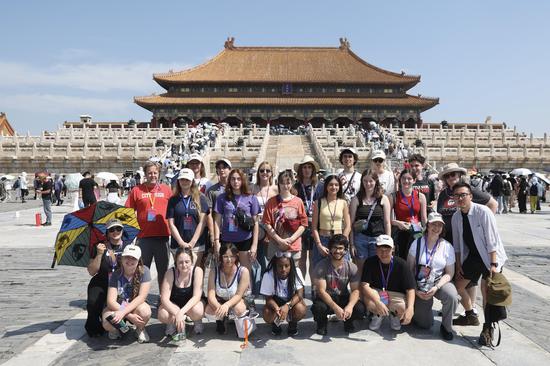





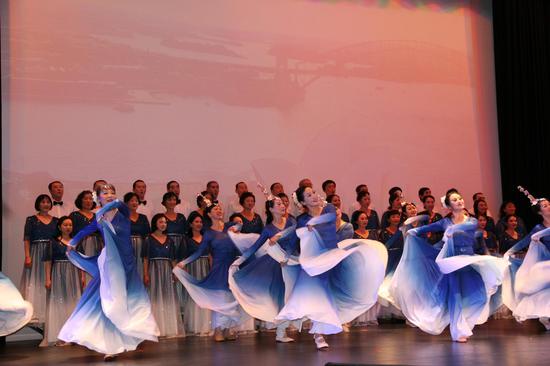







 京公网安备 11010202009201号
京公网安备 11010202009201号